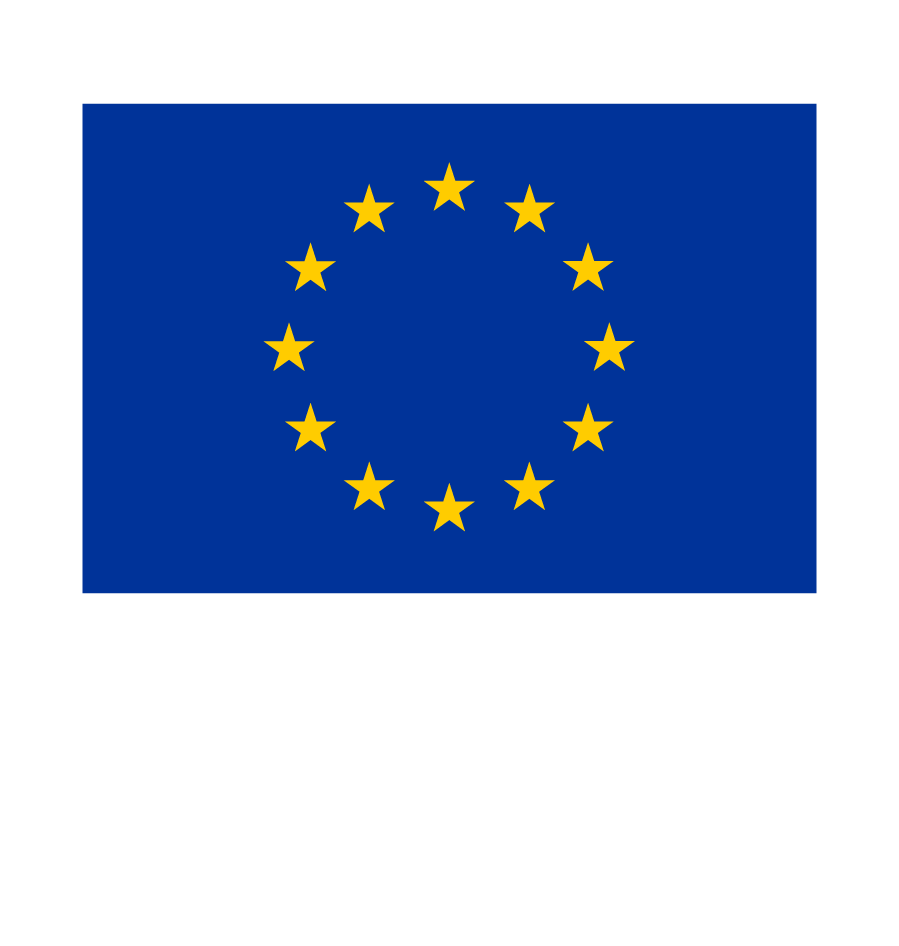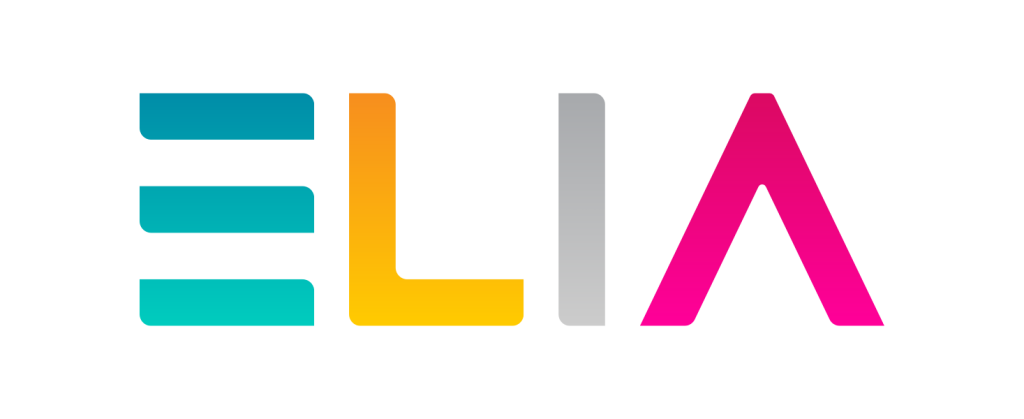Monday, 22 September
CSW 2025 Online Programme
*All session times are listed in Central European Summer Time (CEST)
Online Programme
09:00 – 10:00
Design Strategies for a Sustainable Future: A Collaborative Model for Sustainability Education in Design
“Design Strategies for a Sustainable Future” is a transdisciplinary initiative led by Professor Natalie Weinmann and Franziska Ritz at Coburg University of Applied Sciences and Arts.
This project integrates sustainability education, industry collaboration, and community engagement through three interconnected components: a student collaboration with VAUDE, a sustainable outdoor gear company, the OUTDOOR publication, and the OUTDOOR event. The initiative empowers students to engage in the process of poiesis, actively designing outcomes that transform the world around them. The project emphasises that design is not merely a creative act but a powerful tool for creating meaningful, impactful change. Students worked closely with VAUDE to address sustainable product challenges, exploring materials, product lifecycles, and user needs.
The OUTDOOR publication curate student projects alongside expert contributions, expanding discourse on sustainability practices in design. The OUTDOOR event facilitated public engagement, hosting panel discussions, workshops, and dialogues on sustainability. This initiative underscores the need for education that is transdisciplinary, immersive, and socially engaged.
Inspired by Donna Haraway’s concept of “staying with the trouble,” it encourages students to confront and engage with the complexities of sustainability challenges rather than seeking simple solutions. Through these experiences, students are empowered to act as agents of change, gaining a deeper understanding of design’s role in addressing global sustainability issues.
The project will contribute to the Creative Skills Week 2025, showcasing its methodologies and insights into how design education can foster transdisciplinary collaboration, critical thinking, and community engagement. This session will highlight how sustainability in design can be integrated into academic curricula, share practical strategies for academia-industry partnerships, and open a discourse on how this can inspire educators, students, and professionals to drive transformative change in global sustainability efforts.
10:00 – 11:00
Imaginaries in Transition Creative- and artistic methods as Key Skills for Societal Challenges
Hosted by CoECI – Centre of Expertise Creative Innovation
This session explores imagination as a key skill in addressing societal and spatial challenges. The ideas we hold about places and others—often shaped by shared imaginaries—determine who is included, how institutions make decisions, and which futures are considered possible. We reflect on the creative skills needed to engage with these imaginaries: how are futures imagined, and how are they constrained by dominant ideas? And how can imagination open up space for inclusion, change, and new ways of living together?
Janna Oud Ammerveld and Mike de Kreek, two postdoctoral researchers in the SPRONG Imaginaries in Transition program, share insights from their practice-based research in communities, institutions, and urban contexts.
The session will be moderated by Sabine Niederer, Professor of Visual Methodologies at the Faculty of Digital Media and Creative Industries (FDMCI) at the Amsterdam University of Applied Sciences.
They examine how change takes place— sometimes visibly and disruptively, sometimes slowly and incrementally. Transition is not only about redesigning, but also about letting go and beginning again. Change is not always linear or visible; it can be slow, layered, and uncertain. In such processes, imagination becomes a crucial tool—for navigating uncertainty, questioning existing frameworks, and making new futures imaginable.
Participants are invited to reflect on how imagination can be mobilised as a practical and critical skill—and how these methods can support reskilling, education innovation, and policy development. They examine how these approaches can be embedded in education and professional development.
11:00 – 12:30
Empowering networks with digital skills: reusing digital heritage of Europeana and capacity building practices from Una Europa researchers
The Una Europa university alliance through the TRT2 ‘Heritage and the digitization of society’ coordinated by the Complutense University of Madrid and the Europeana Network Association join forces to co-organise an online community webinar on the framework of the Creative Week 2025 aimed to inspire on the reuse of digital heritage assets from Europeana, the European’s digital heritage platform, as part of your daily activities.
This webinar is addressed to the Una Europa students and researchers from 11 universities across Europe what Europeana can offer to them and connect with the Europeana Network Association community members of Education and Research coming across the GLAM (Galleries, Libraries, Archives and Museums) sector, informal education or formal education as schools, high schools and higher education to develop projects together in the university alliance and beyond across Europe.
During this event, the participants will learn what Europeana is and the possibilities for education and research of their items applied to different projects and activities. It explores how curatorial activities can be used for enhance the creativity in the university, how cultural institutions, higher education and digital heritage platform can work together, how new tools as the immersive worlds or the metaverse can be also nourish from digital heritage through educational projects and finally how a research on digital skills mapping can foster capacity building of a network.
12:30 – 13:30
The role of social dialogue in enhancing access to training in the cultural and creative sectors
Hosted by Creative Skills Europe
How can social dialogue and collaboration between national social partners in cultural and creative industries help enhance access to training for all types of workers and professionals at different moments of their careers? What role for trade unions, employers’ organisations, and social dialogue in tailoring the training offers to the needs of the sector?
You will hear from social partners across Europe of what concrete initiatives can be implemented to support and promote access to training for all sector professionals.
Paul Mcmanus, Negotiations officer Scotland at Bectu (UK), will share the example of BECTU Vision and how trade unions collaborate with sector stakeholders in Scotland’s film & tv industry to provide training, events & community for all professionals.
Morten Gjelten, Managing Director at NTO (Norwegian theatre & orchestra association), will introduce the Alliansen program: a joint social partner initiative for freelance actors & dancers.
Nathalie Douxfils, career coach at Sociaal Fonds Podiumkunsten will present the social fund for the performing arts in Flanders – High-quality careers and strong organizational policies in the performing arts and music sector.
13:00 – 15:00
Contextualising "skill" in arts education within an EDI framework
Hosted by ELIA Equity, Diversity and Inclusivity (EDI) Working Group
What is “skill”? From what position are we teaching? How does this expose or challenge power structures?
This session investigates the entrenched power dynamics between pedagogue and student, exploring how canons within the cultural and creative sectors influence that relationship. The session will question how we define artistic skill and transmit knowledge. Rather than centring traditional teacher-student roles, we examine how structures of learning reflect broader power relations, mirroring those in equity, diversity, and inclusion.
What happens when we shift our focus from equality to equity, from equity to understanding, and from understanding to accountability, and what skill(s) would this require? As we question what counts as a skill, we also ask: Is the ability to think critically, to ask the right questions, itself a skill? The conversation becomes more complex when terms like “skills” and “competences”, terms that are deeply entangled in national contexts, educational systems, and social histories are introduced.
How can we support each other while remaining specific and grounded in our own standpoints? Can we speak from where we stand, yet still stay open to other perspectives? What kinds of skills make that possible? And can we speak of skills in a unified way across such diverse social and cultural terrains?
This session challenges participants to recognise and interrogate bias within themselves, within institutions, and within the structures that shape pedagogy. Through the lens of artistic practice and inclusive methodology, we explore how skill development might become less about standardisation and more about fostering responsiveness, reflection, and relational awareness.
Panelists:
- Érica Faleiro Rodrigues, ELIA EDI Working Group member and Senior Lecturer at Lusófona University, Portugal
- Alice Degelow, ELIA Student Participation Taskforce and master student at Willem de Kooning Academie, Netherlands
- Diana Kovzanadze, President of the Students’ Council at NABA, Nuova Accademia di Belle Arti, Italy
- Dora Güvengiz, Secretary General of the Student Council NABA, Nuova Accademia di Belle Arti, Italy
- Electa Woodbridge Behrens, Associate Professor in Voice and Acting at Kristiania University College, Norway
Moderators:
- Cecilia Roos, ELIA EDI Working Group member and Professor Artistic practices at Stockholm University of the Arts , Sweden
- Samantha Lawson, ELIA EDI Working Group member and Lecturer and Advisor/Project Coordinator Equality and Diversity Council at Oslo National Academy of the Arts, Norway
15:00 – 16:00
Creative Europe Programme
Hosted by Creative Europe Desk CZ & NL
What can the EU offer the cultural and creative sectors? Which funding is available under the Creative Europe programme, what are the priorities and how can you write a strong application? During this session, participants will get an introduction to the Creative Europe programme, especially the Creative Europe Culture subprogramme, which focuses on international collaboration for the cultural and creative sectors (excluding the audiovisual sector, which is covered by Creative Europe MEDIA).
16:00 – 18:30
Mapping the Creative Skills Gap in Greece and Cyprus
Greece and Cyprus are renowned for their rich cultural heritage, artistic legacy, and creative talent. However, amidst this cultural wealth, there exists a critical need to bridge the gap between the skills demanded by the sector and those available in the workforce. This event will explore the pressing need to close the skills gap while fostering a more inclusive and accessible creative ecosystem in Greece and Cyprus. By bringing together key stakeholders from academia, industry, government, and civil society, we will highlight best practices in promoting diversity and inclusion within the creative industries. This event builds on the results of the CulturePolis Roundtable in the Creative Skills Week 2024.
18:30 – 19:30
Sustainable Creative Ecosystems
Hosted by Formare Culturală
This session addresses the challenges facing Europe’s cultural and creative industries through an integrated approach to skills development, funding models, and innovation ecosystems. The session brings together distinguished European experts with complementary perspectives spanning creative education, innovation management, and regional ecosystem development.
Participants will explore interconnected dimensions essential for sustainable creative ecosystems, like:
- examining the gap between creative education and industry needs,
- exploring new models for professional development and hybrid competencies that balance artistic excellence with entrepreneurial capability
- analysing practical approaches that enable regional creative economies to scale successfully.
- exploring how interdisciplinary approaches and partnerships between creative industries and other sectors (health, technology, sustainability) can unlock new opportunities.
Expert Panelists:
Rolf Hughes – International expert in artistic research and the strategic development of higher education and training for the cultural and creative sectors. As Education Director at EIT Culture & Creativity, he oversees the commissioning of Master’s and PhD courses, executive education and continuous professional development initiatives, while leading the development of the European Craft Academy as a venture funded by the EIT CC membership. He is also a passionate advocate of the potential of culture and creativity to develop innovative education, research and business opportunities across and beyond EIT’s existing Knowledge Innovation Communities through art, craft and design-led interdisciplinary and transdisciplinary engagements with urgent contemporary challenges such as security, climate change, health, inequality, and the environment.
Charlotte Lorentz Hjorth – CEO of Future By Lund and Coordinator of international partnerships at Lund University, with over 25 years of experience building innovation ecosystems across Sweden. As former CEO of Krinova Incubator & Science Park, she grew the organization from 50 to over 100 companies. Her expertise spans crossinnovation, challenge-driven innovation, and design thinking methodologies, having co-created more than 3,000 innovation projects.
Moderator:
Oana Nasui – Cultural manager and researcher with extensive experience in consultancy, management, evaluation, and communication within cultural and creative sectors. Notable achievements include coordinating Bucharest’s first Cultural and Creative Strategy 2015-2025 and coordinating a public policy proposal on the Artist’s Status in Romania
